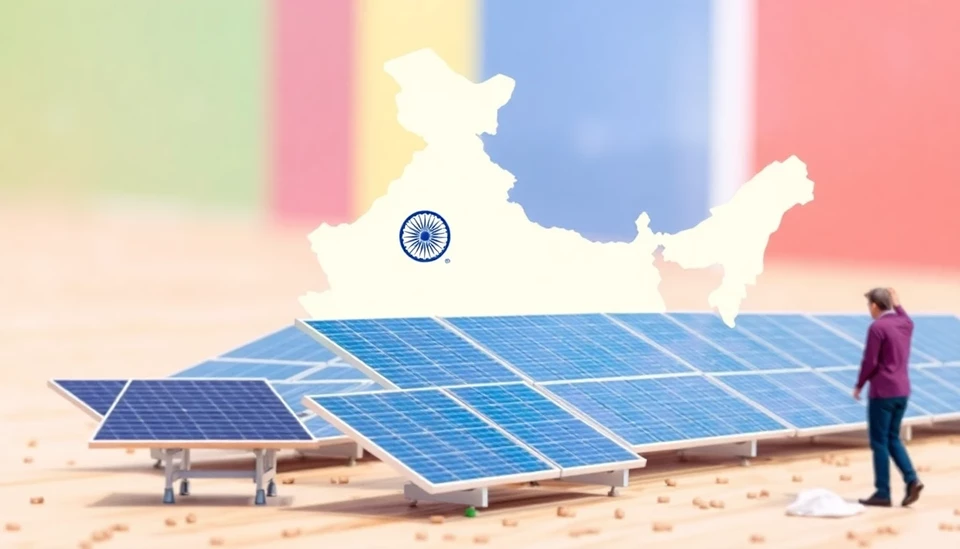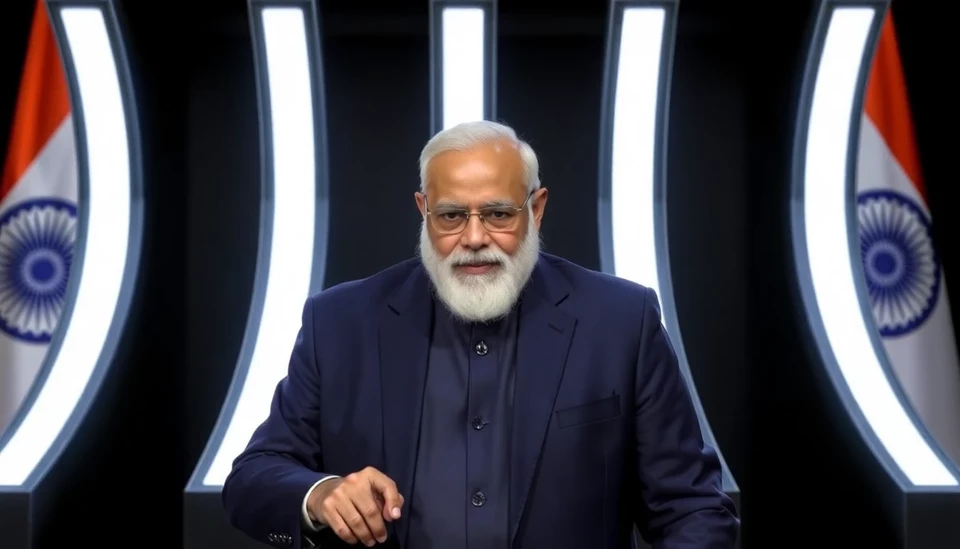
India has issued a stark warning regarding the implications of China's dominance in the clean energy sector, underscoring the potential risks this poses to global energy transition efforts. As nations worldwide shift towards renewable energy sources, the significant control China exerts over essential components, from solar panels to batteries, has raised concerns among policymakers in India.
During a recent conference focused on clean energy, Indian officials cautioned that the heavy reliance on Chinese-manufactured energy technologies could lead to vulnerabilities for countries seeking to reduce their carbon footprints. This reliance is viewed as a possible geopolitical risk, where nations might find themselves at the mercy of China's market maneuvers and political strategies. Indian experts highlight that a diversified supply chain is crucial to mitigate these risks and ensure the stability of the clean energy transition.
China's extensive investment in green technologies, coupled with its substantial production capabilities, places it in a dominant position, making it challenging for other countries to compete effectively. Solar photovoltaic cells and lithium-ion batteries are among the key products predominantly manufactured in China, which not only supply domestic needs but are also exported globally, underscoring their pivotal role in the energy market.
Indian government officials have proposed a twofold strategy: investing in local production while forging stronger international partnerships to create a more balanced and resilient clean energy ecosystem. The Indian government's initiative aims to stimulate domestic manufacturing capabilities, reduce its dependency on imports, and position the country as a competitive player in the global green technology landscape.
Furthermore, India's stance aligns with the broader global dialogue emphasizing the need for transparency and sustainability in supply chains. By advocating for sustainable practices and ethical sourcing, India aims to reduce environmental impacts while ensuring that labor conditions in the renewable energy sector meet international standards. This approach not only seeks to lessen reliance on China but also addresses pressing concerns regarding human rights abuses often associated with mining and manufacturing practices in certain areas.
As India pushes forward with its ambitious renewable energy targets, the nation is simultaneously keen on establishing collaborative efforts with other countries to build a more democratized and secure clean energy supply chain. Addressing the complexities associated with China's dominance is integral to achieving these goals and ensuring a smooth transition to sustainable energy sources.
This evolving narrative showcases how geopolitical factors are intricately woven into the fabric of energy transition discussions, echoing a call for nations to rethink their strategies and elevate collective action in the face of shared challenges.
As the world continues to grapple with the urgency of climate change, India's proactive measures against Chinese dominance could play a pivotal role in shaping the future landscape of clean energy, illustrating the importance of international cooperation in fostering innovation and resilience in global supply chains.
#India #China #CleanEnergy #Geopolitics #RenewableEnergy #EnergyTransition
Author: Sophie Bennett




